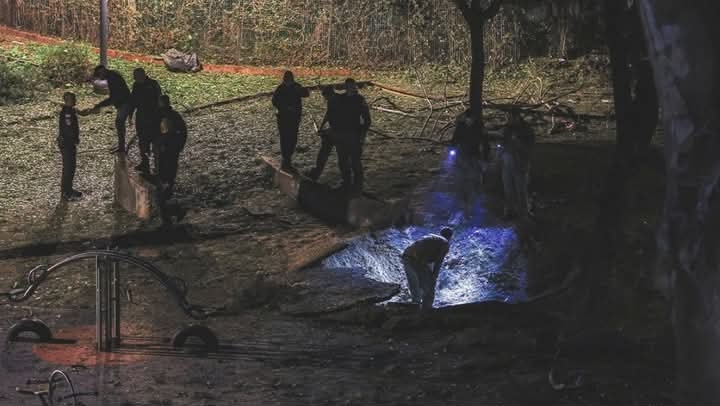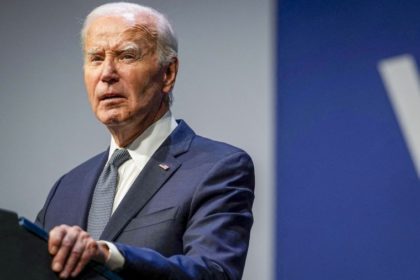The Yemen-based Houthi militant group launched a ballistic missile targeting central Israel near Tel Aviv on Wednesday. The attack, aimed at demonstrating solidarity with Palestinians amid the ongoing Israel-Hamas war in Gaza, triggered air raid sirens across the region but caused no casualties or damage. Israel’s military confirmed it successfully intercepted the missile before it breached Israeli territory.
This marked the second missile launched by the Houthis in as many days, underscoring their intensified campaign against Israel. The missile attacks represent a growing threat in the region, adding another dimension to an already volatile conflict. The Houthis, who control significant portions of Yemen, declared the strike part of a broader initiative to align with Palestinian resistance against Israeli actions in Gaza.
Israeli officials responded swiftly, emphasizing their readiness to address emerging threats from Yemen. “We are prepared to defend our citizens against all forms of aggression, from near and far,” an Israeli military spokesperson stated, reiterating the country’s advanced missile defense capabilities.
The missile attacks are part of a larger pattern of Houthi actions aimed at disrupting regional stability. In recent weeks, the group has launched attacks on commercial vessels traversing the Red Sea and the Gulf of Aden, critical waterways for global shipping. These disruptions have raised alarm among international stakeholders, given the Red Sea’s role as a vital conduit for global trade.
Analysts suggest the Houthis’ missile campaign against Israel signals a strategic shift, aligning the group’s actions more closely with other regional actors sympathetic to Hamas. The strikes also highlight the Houthis’ expanding military capabilities, including long-range missile technology capable of reaching targets far beyond Yemen’s borders.
The timing of these actions is particularly significant as the Israel-Hamas war in Gaza continues to escalate. Israel’s sustained military operations in Gaza have drawn widespread criticism and protests across the Arab world, with groups like the Houthis seeking to leverage the situation to assert their influence and demonstrate regional solidarity.
Meanwhile, the international community has expressed growing concern over the widening scope of the conflict. The United Nations and several Western governments have called for restraint, warning that the involvement of additional actors like the Houthis could lead to broader regional instability.
The Houthis’ attacks on shipping vessels have further compounded the situation, drawing condemnation from the United States and other nations. The U.S. military has increased its presence in the region, deploying additional ships and aircraft to deter further Houthi aggression and ensure the security of vital maritime routes.
Despite the interception of the missile aimed at Tel Aviv, the psychological impact of such attacks remains significant. Residents in the targeted areas described a tense atmosphere, with many expressing fears of escalating violence. “Hearing the sirens and knowing a missile was coming was terrifying,” one resident said. “Even though it was intercepted, the thought that we’re being targeted from so far away is unsettling.”
As the conflict continues to evolve, Israel faces the challenge of addressing multiple fronts simultaneously. While its primary focus remains on Gaza, the emerging threat from Yemen underscores the complexity of the regional dynamics and the potential for the conflict to expand further.
For now, Israel’s missile defense systems remain a critical line of defense against such threats. However, with the Houthis signaling their intent to continue their campaign, the coming days and weeks could see further provocations, raising the stakes in an already fraught geopolitical landscape.




